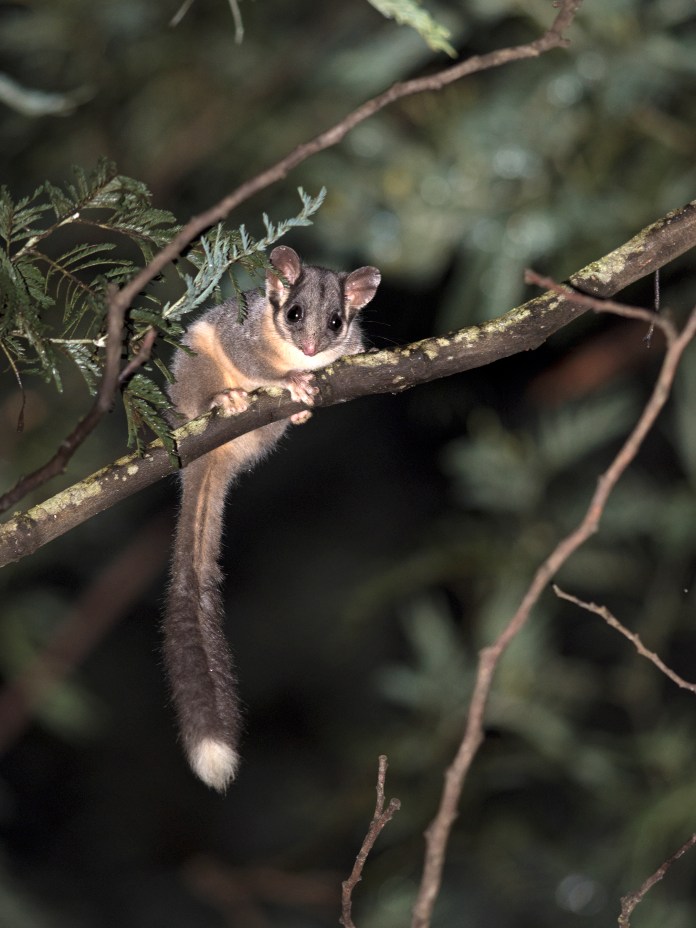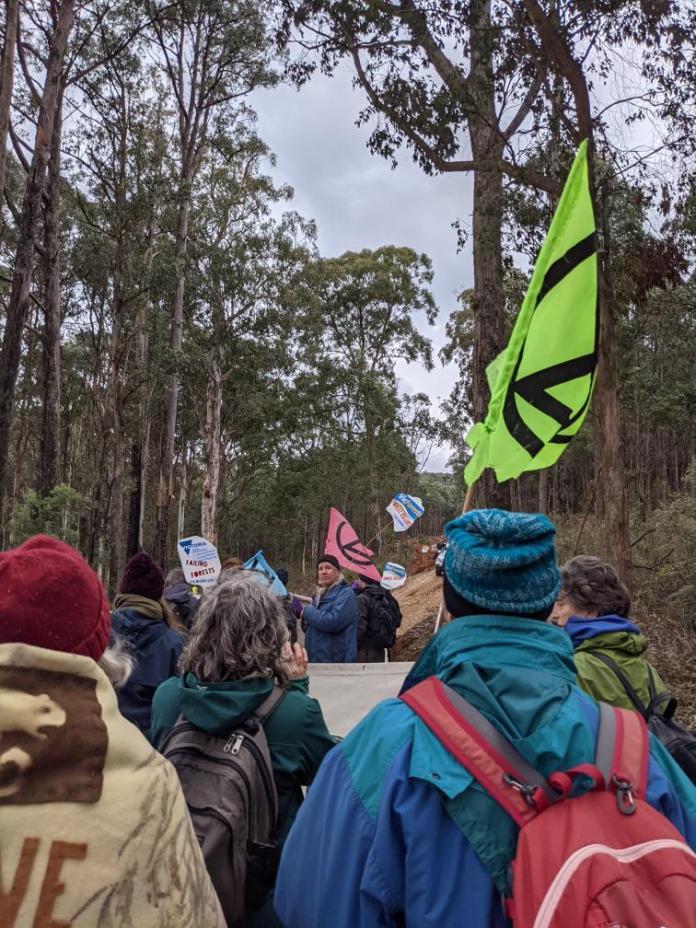Australia’s forest-dwelling wildlife is in greater peril after last week’s court ruling that logging — even if it breaches state requirements — is exempt from the federal law that protects threatened species.
The Federal Court upheld an appeal by VicForests, Victoria’s state timber corporation, after a previous ruling in May 2020 found it razed critical habitat without taking the precautionary measures required by law.
The ruling means logging is set to resume, despite the threats it poses to wildlife. At particular risk are the Leadbeater’s possum and greater glider — mammals highly vulnerable to extinction that call the forests home.
So let’s take a look at the dramatic implications for wildlife and the law in more detail.
Why is this ruling so significant?
The Federal Court agreed VicForest’s logging failed to meet its environmental legal requirements. In fact, the Federal Court dismissed every single ground of appeal but one. And it takes only one to win.
The ground that won the case was that the federal environmental law designed to protect threatened species — the Environment Protection and Biodiversity Conservation (EPBC) Act — did not apply to the logging operations due to a forestry exemption.
To understand the significance of these issues, it’s important to know a bit about the context.
In the 1980s and ‘90s, forestry was passed to the states to regulate. So-called regional forest agreements (RFAs) were struck between federal and state governments. The idea was that forestry would be conducted under these state-led RFAs, avoiding federal scrutiny.
This was meant to streamline procedures, and offer a compromise between sometimes conflicting objectives: conservation and commercially profitable forestry.
However, states weren’t necessarily meant to have absolute control, and a check-and-balance system was put in place. If a logging operation doesn’t follow the RFA requirements, then the federal law is called in.
That way, states have control, but there’s a backup safety net for threatened species (which the federal government has an obligation to protect under international law).
This backup safety net is what the original case was testing. Friends of the Leadbeater’s Possum sued VicForests, arguing the logging operations breached the Victorian RFA, and the organisation won the case.

In response to the original decision against VicForests, Nationals Senator Bridget McKenzie introduced a private members bill, seeking to strengthen logging’s exemption from federal scrutiny.
If passed, the bill would make forestry activities within RFA areas exempt from scrutiny under the EPBC Act, regardless of whether they follow RFA rules.
Both the court decision and the bill respond to a need for industry certainty and seek to minimise opportunities for legal action against logging under the EPBC Act. But they remove any certainty for environmental protection.
What does this mean for wildlife?
RFAs were established with the best of intentions. But unfortunately, they haven’t been working to protect wildlife — a point made clear in the EPBC Act’s recent ten-year independent review.
As former competition watchdog chair Professor Graeme Samuel, who led the review, said in his final report:
there are fundamental shortcomings in the interactions between RFAs and the EPBC Act.
The RFAs haven’t been updated as they were meant to be, despite dramatic changes in the environment, such as from mega-fires, and the warming and drying climate. These factors totally change the game for forestry and forest-dependent wildlife, such Leadbeater’s possum and the greater glider, which are declining dramatically.

We are currently experiencing a global mass extinction event, and Australia is a global extinction leader. Australia is responsible for 35% of all modern mammal extinctions globally and has seen an average decline of 50% in threatened bird populations since 1985.
Cutting down trees may seem insignificant to some, in the scheme of things. But small effects can accumulate into huge declines, like a death by a thousand cuts.
Both Leadbeater’s possum and the greater glider depend on large old trees with hollows (that take more than 100 years to develop) for shelter. Without many of these trees, they cannot survive.
Logging in Victoria has led to a decline in the number and extent of these particular trees, and reduces future large tree numbers. This makes the animals more vulnerable.
To avoid extinctions, we can’t afford to lose more ground by continuing practices that damage or remove habitat.
The writing is on the wall
But things could be changing soon. The Victorian government plans to ban native timber harvesting from 2030. This happens to be the same year a decades-old contract with a wood pulp and paper company expires, currently binding the state to provide pulp logs by a legislated supply agreement.
After 2030, paper, pulp, and timber products would be logged from plantations rather than native forests. The writing is already on the wall.

Whether it’s the federal or state governments in charge, forest management needs to be scientifically robust, with strong compliance, enforcement and governance. Otherwise, as we’ve seen, there’s a significant risk of slippage and loss of trust.
Even before the mega-fires of 2019-20, most Australians didn’t support native forest logging. After the fires, their worries increased, with a majority expressing concerns that Australia’s unique environment might never be the same.
And as a result of rising community expectations on how the environment is treated, some businesses have pivoted.
Many companies now see being associated with environmentally poor outcomes as risky. Bunnings, for example, has already banned VicForests’ native timber. The World Economic Forum places biodiversity loss in the top five risks to the global economy. And a global taskforce is being established that could eventually see environmental disclosures as a new norm.
It’s clear the status quo has led to an alarming rate of species decline. This decline will only be locked in further if legal exemptions make it impossible to hold law-breakers to account.
Related posts:
Views: 0
 RSS Feed
RSS Feed

















 May 18th, 2021
May 18th, 2021  Awake Goy
Awake Goy 

 Posted in
Posted in  Tags:
Tags: 
















